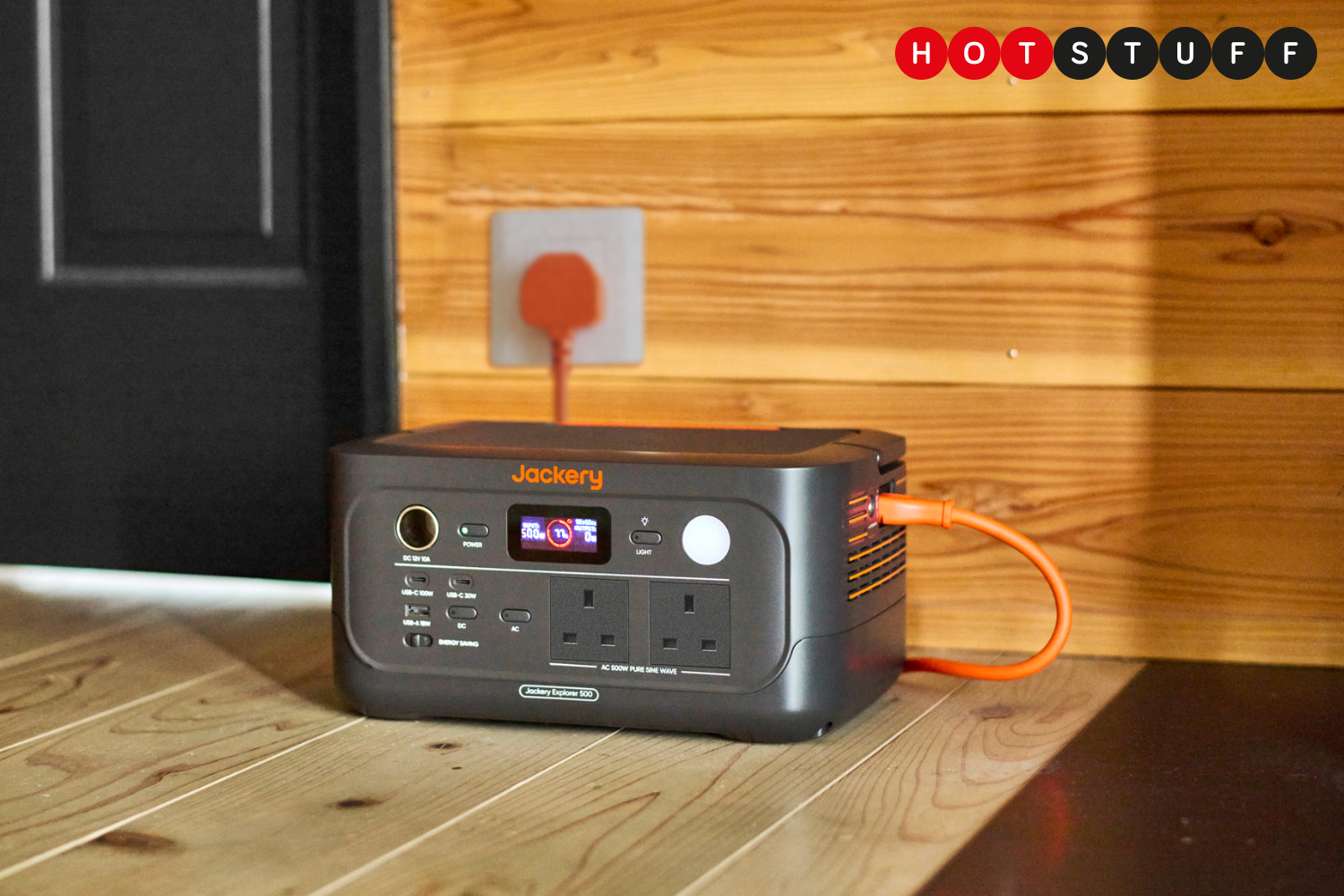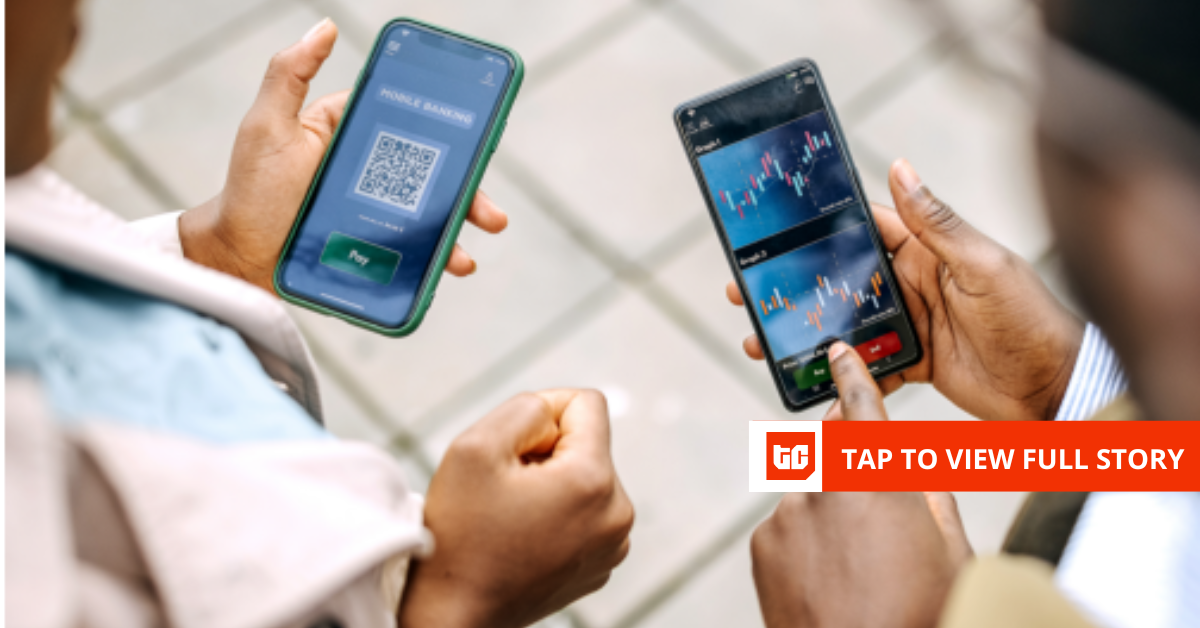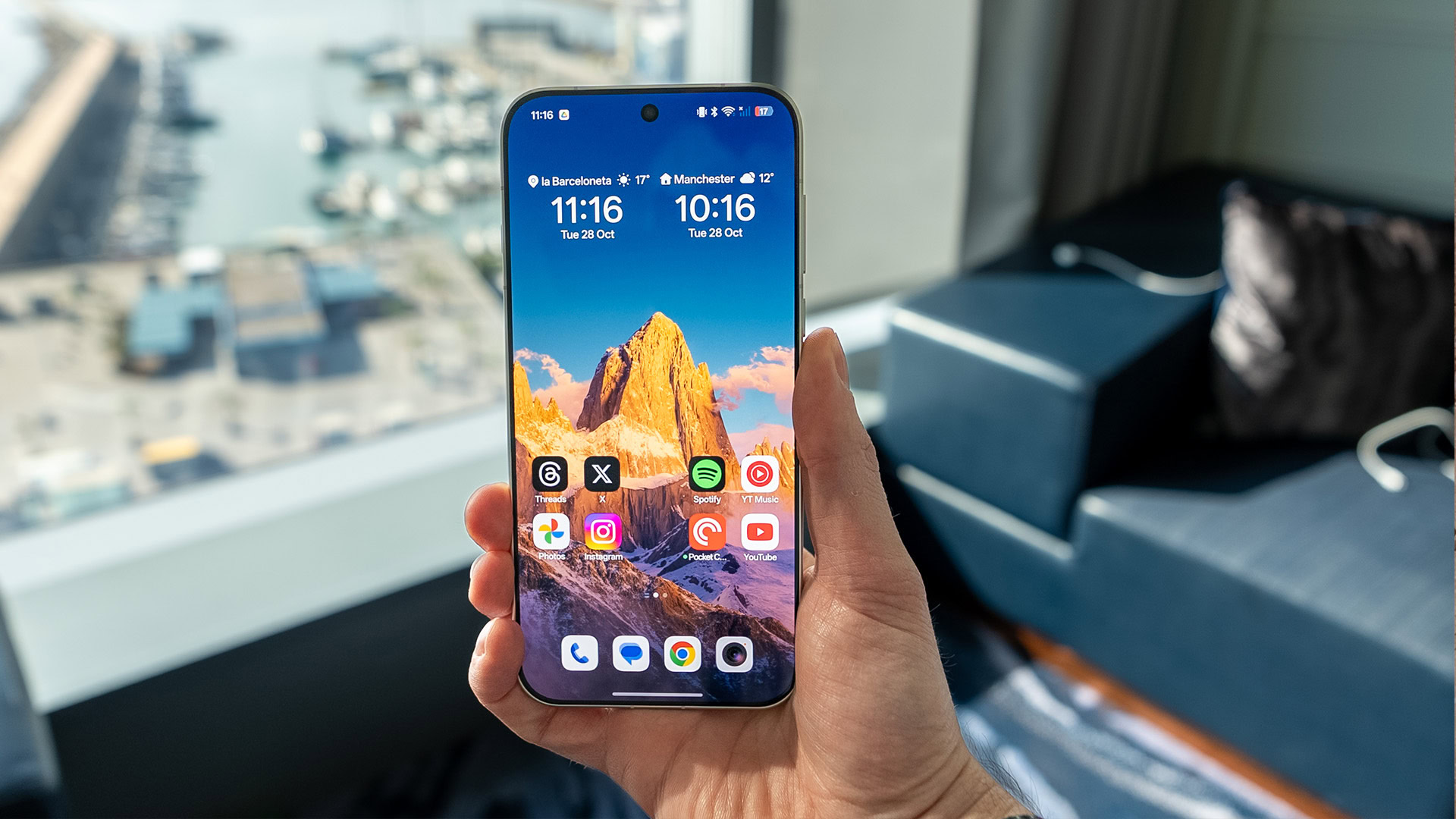Virtual private networks, or VPNs for short, are used to encrypt web traffic by creating a secure tunnel between your device and the wider internet. They promote privacy and anonymity, with additional benefits like circumventing region restrictions thrown in for good measure.
The bad news is that for school and college students, there’s a good chance your institution can tell if you decide to use a VPN. Here’s how.
You’re Using a School-Issued Device
Let’s address one thing right away: If you’re using a school-issued computer, whether that’s a laptop you were loaned for the duration of a term, Chromebook that you had to buy yourself that is then managed by your school, or an iPad; your school is almost certainly monitoring your use of that device.
This is true whether or not you are using a VPN, and it could apply whether you’re using the device at school, at home, or on a personal hotspot. Even if you’re able to install and make use of a VPN on this device, your school could be using monitoring software at a network level that can detect your use of a VPN.
Remember that a VPN only hides the data sent between your device and the internet. It does not obscure that data once it lands back on your computer in a decrypted state. There exist many products in use by schools, like Aware by Securly, which offer analysis of web browsing activity. Such tools could be constantly monitoring your web browser, at which point attempting to mask browsing activity with a VPN is fruitless.
If your school has installed software on your device to remotely manage it, you won’t necessarily know how far this monitoring goes. It could log your every keystroke, every application you try to install, or every portable app that you try to run (including any VPN clients). It could take random screenshots of whatever you’re doing at any given time.
Even if you are able to install and establish a VPN connection on one of these machines, there are still telltale traffic patterns associated with VPN usage that could tip off your school as to what you’re doing. On top of this, a DNS leak could result in snoopers (not just your school’s admins) seeing every domain name lookup request that you make.
Your School Can Detect VPN Traffic
Most are aware that school-issued hardware is likely being monitored, and many schools are forthcoming with this information. What’s less clear is how such policies affect your own personal devices, over which you have full agency. We’re talking laptops you’ve brought from home, your smartphone, tablets, and anything else you might use to connect via your school’s wireless or wired internal network.
The bad news is that network admins are still able to identify the use of a VPN, even if they can’t see what you’re doing while you’re connected. Since a VPN creates a connection to a remote server, through which all of your internet traffic is routed, there are patterns of usage associated with a VPN that stick out like a sore thumb. In addition, the IP address you’re connecting to is likely documented as being operated by a VPN provider.
Unfortunately, your VPN provider isn’t very good at obscuring their true nature. You may have noticed that when you’re browsing the internet using a VPN, you can have trouble accessing some websites. Some services block IP addresses associated with VPN providers, while others trigger more CAPTCHA checks than you’d normally see. Your school is also wise to these tell-tale signs.
There’s also the threat of deep-packet inspection (DPI), a tactic that’s commonly used to analyze traffic as it passes through a network. While a VPN can obscure the data that’s moving through the network, DPI can reveal telltale signs that a VPN is being used. So, while your privacy remains intact, your network privileges could be revoked altogether depending on your school’s policy.
The good news is that your institution won’t be able to see the data that’s being transferred between your device and the wider internet. The VPN will still work, as long as you can get connected. On the other hand, they may be able to find out who you are by linking these signs to your identity using your unique MAC address, device name (like “Tim’s MacBook”), your unique wireless network login credentials, or the point at which you’re connected to the network (like an Ethernet socket).
Why Your School Cares
Many institutions ban the use of VPNs because they’re excellent at masking whatever it is you’re doing on the internet. They’re able to circumvent web filtering and rules designed to restrict what the school’s networks are used for. This tactic is commonly used so that schools can ban websites that they deem inappropriate. In order to filter web traffic, that traffic must be visible.
VPNs encrypt traffic within a secure tunnel, which has the knock-on effect of masking activities that may be against school policy. For example, the use of file-sharing protocols like BitTorrent may be blocked at a network level by your school, but the use of a VPN can obscure traffic to the point where torrenting can no longer be detected.
In the case of school-issued hardware, an institution may be providing access to the internet that a student may otherwise not have. There’s a duty of care associated with exposing students to the broader internet, facilitating social media use, and other potentially problematic activities.
Whatever level of education you’re in, it’s likely that your school has harsh punishments for anyone caught using a VPN. You should be well aware of these if you’re thinking of attempting to use one.
With this in mind, it’s also possible that these institutions will be able to block your use of a VPN outright. The servers used by VPN providers may be blocked on a network level, so that you cannot establish a secure tunnel. On school-issued computers, you may be unable to install the software necessary to connect to a VPN. At worst, your attempts to do so could be flagged and you could get in trouble. Traffic patterns associated with a VPN may be traced back to you and your network rights may be revoked (or worse).
-

- Logging policy
-
No-logs policy
- Mobile app
-
Android, iOS
ExpressVPN is fast, easy to use, and will keep you secure no matter your location.
-

- Logging policy
-
No-Logs Policy
- Mobile app
-
Android and iOS
ProtonVPN is a great pick for users on Windows, macOS, Android, or iPhones. ProtonVPN has a lightweight, easy-to-use interface, and great speeds to boot. As an added bonus, the free version includes almost everything the paid version does.
-

- Logging policy
-
No-Logs Policy
- Mobile app
-
Android and iOS
You want complete privacy? You can send Mullvad an envelope with cash and your payment token to pay for your account, so they’ll never have your personal information.
Want to Use a VPN? Avoid School Networks
If you’re concerned about internet privacy and want to protect yourself with a VPN and reap the other benefits that use of such a service provides, you can still do so. This only applies to your own devices, of course, since school-issued hardware should always be treated with a fair amount of suspicion.
You can safely use a VPN service on your personal laptop, smartphone, and tablet by not connecting that device to your school’s wireless network. You can do this safely with a private home internet connection or a personal cellular plan. Obviously, if you want to use the internet on a laptop while you’re in school then you’ll need to connect via a personal hotspot (which you can easily do on Android or iPhone).
It’s not just your school that can tell you’re using a VPN, your ISP and the websites you visit can too. While these services offer excellent privacy protection, it’s important that you’re aware of what a VPN can and cannot do.











